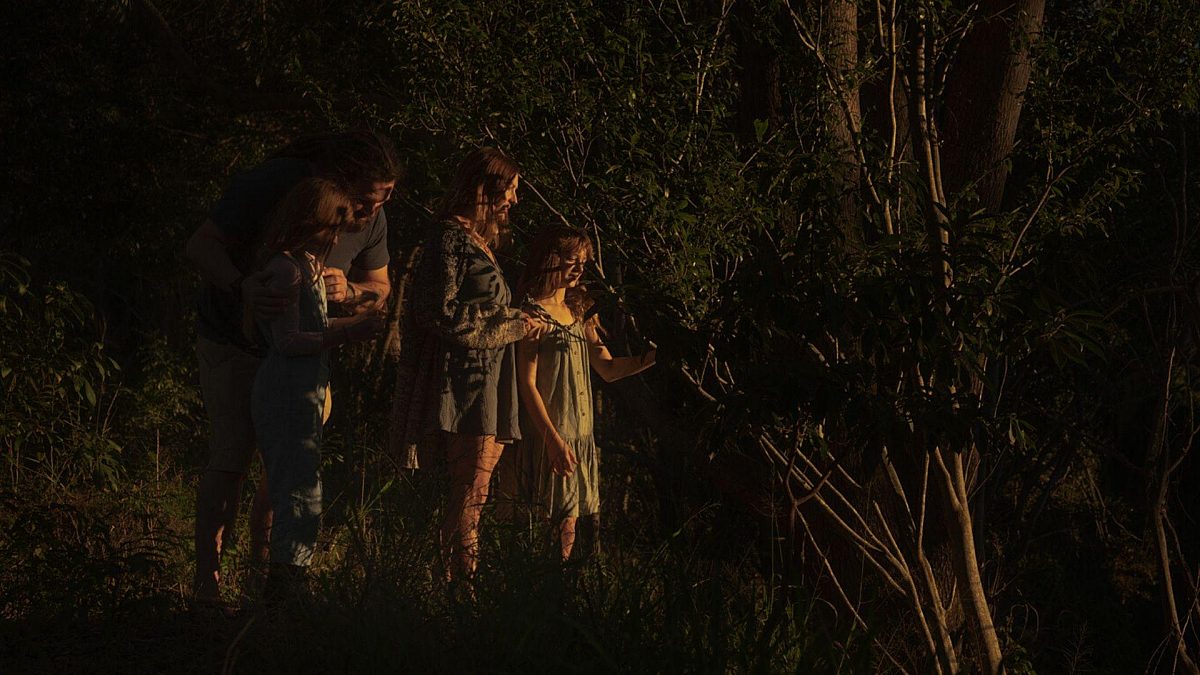
Protecting a delicate, green world
Affecting real change for the environment with community groups
To protect the natural sanctuary that surrounds their home, the Russell family started small: just a kernel of an idea and a willingness to make it happen, supported by the Wilderness Society.
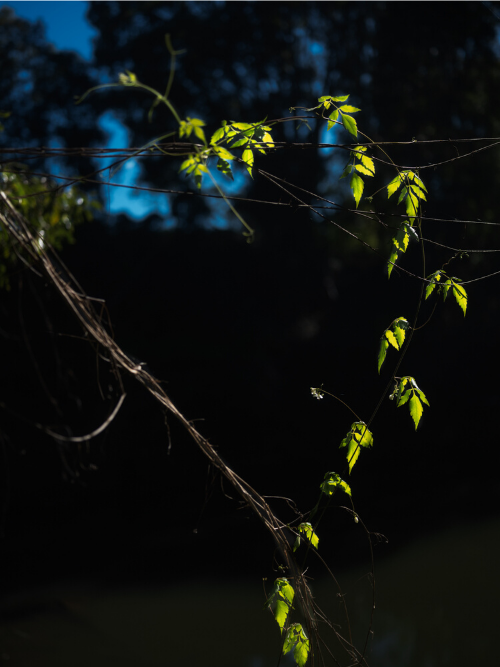
Photography John Feely—@johnfeely
It’s a feeling; a compulsion to get up and do something yourself because you can’t rely on others. “‘I'm only one person; what can I do?’ If everyone was like that, nothing would get done. And that's what I've learnt: one person can make a difference,” says Ben Russell, who now, with his family, have found just that by founding their own local community group.
Like many, Ben, Shevaun and their four daughters, are concerned at the declining state of the natural world around them. They live in the relatively isolated community of Cedar Creek, surrounded by stands of eucalypts and rainforest hugging the Albert River that meanders through the Gold Coast hinterland.
Sign up and one of our community organisers will call you to discuss how you can get involved with your local group.Not far from the family, stretches of forest are being turned over by developers, fragmenting koala habitat with roads and houses as the burgeoning sprawl of Brisbane descends from the north. And there are other challenges too, not least the omniscient spectre of climate change.
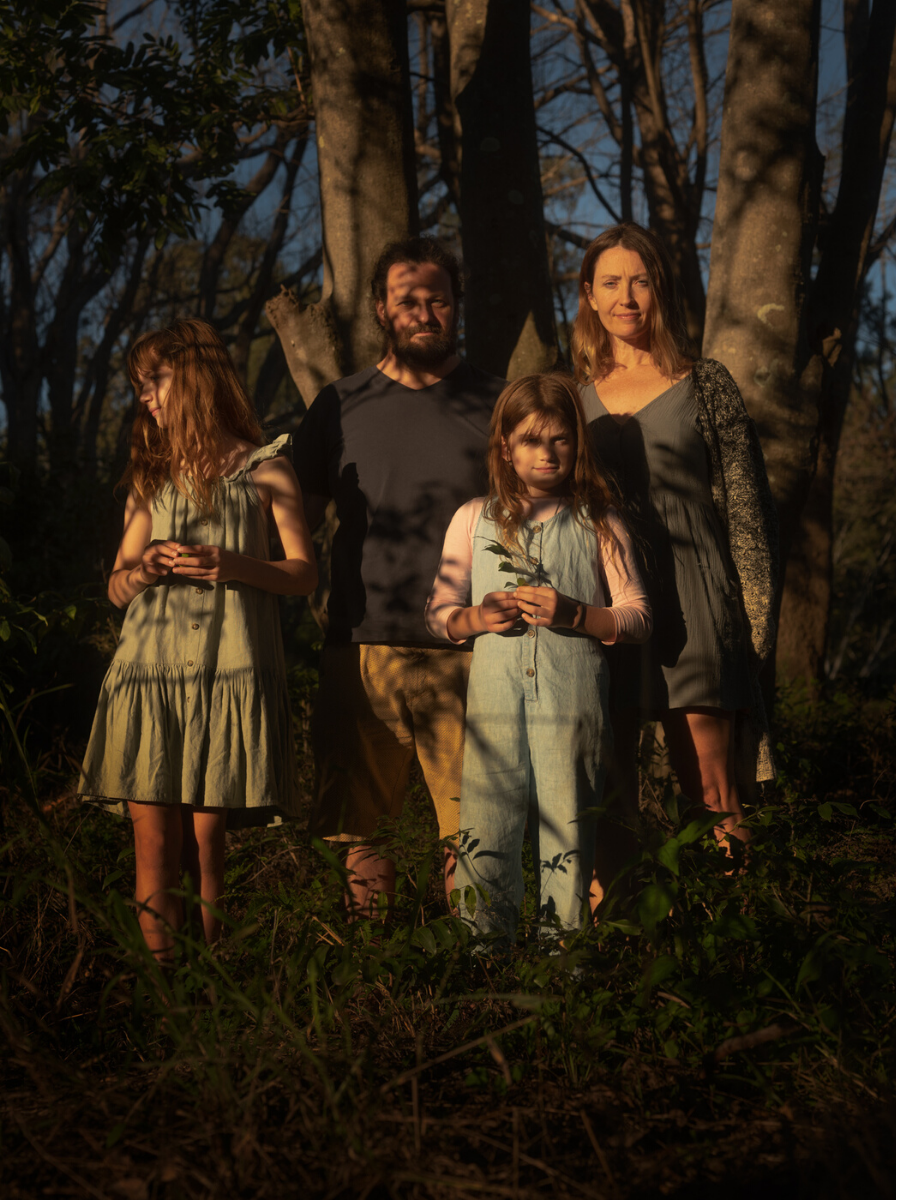
To turn things around, for the people, and for the wildlife that has been living here for tens of thousands of years, the koalas and platypuses, they decided to do something. The Russell family’s mission started small: just a kernel of an idea and a willingness to make it happen. From teaching children at their local school how to build native bee hotels they are now set to undertake an ecological restoration of the area while engaging surrounding communities on environmental issues. Their work is set to become as far-reaching as that of the tiny, seemingly insignificant pollinators that have taken up residence in the school children’s hand-crafted bee hotels.
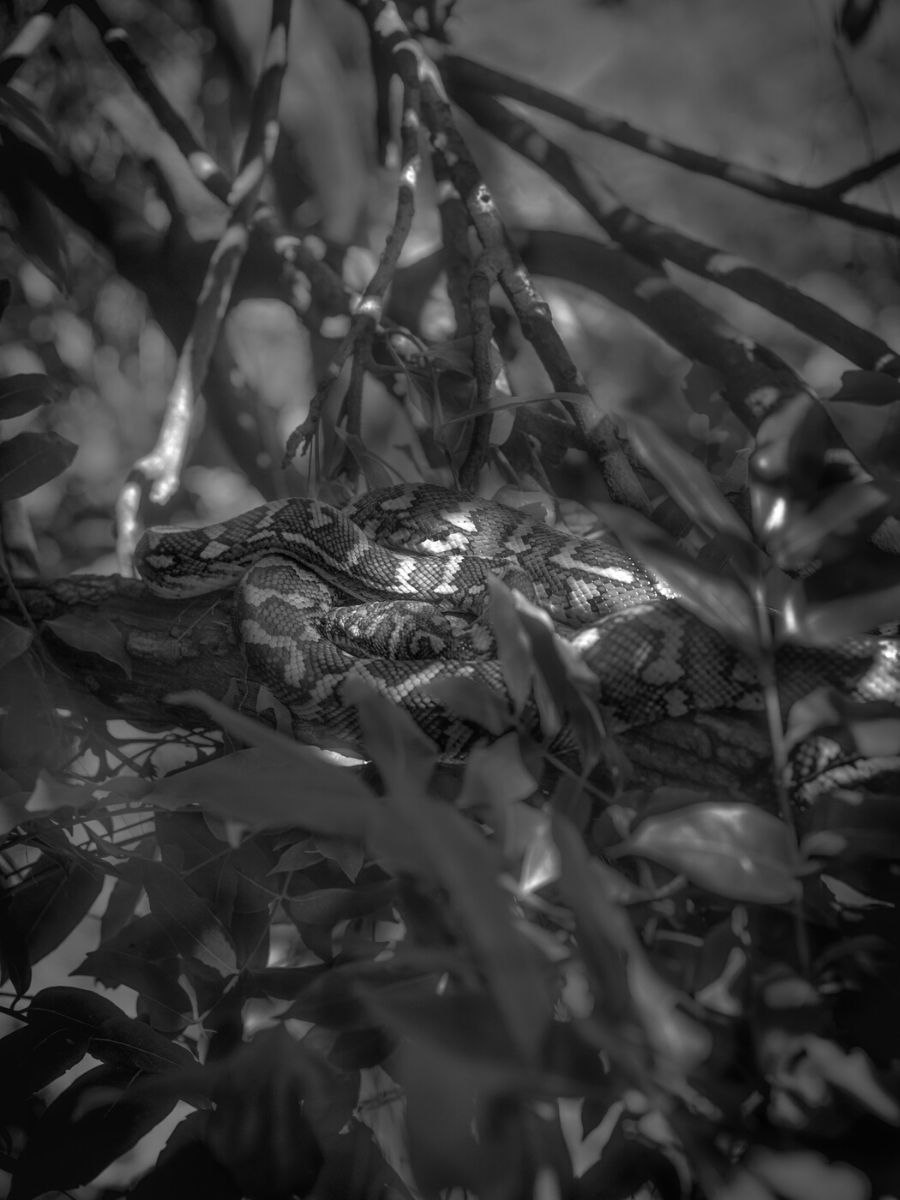
But you can’t act alone; effective change comes from harnessing the collective power of community. So they joined the Wilderness Society’s grassroots network of community groups, setting up their own local group, Albert Valley Wilderness Society. Wilderness Society community groups give people the tools to create long-term change from the grassroots level. Having completed the three-day training course, the Russell family had the necessary skills to go out and harness the power of their community.
“For a couple of years leading up to joining we would say ‘This is our year to do something for nature and to get involved with the community to do it,’” says Ben. “But we were never able to find the right group or what we were looking for. Now we've got some really close relationships with local councillors, and we've even got the support of a Liberal Federal MP who’s often contacted us to be involved with things. Now we absolutely have the community’s support and, more importantly, their trust.”
It’s a trust perhaps earnt when their group took on plans for an industrial development, and won. “It was the community; we just followed what the people wanted,” says Shevaun. The proposal, right on the bank of the Albert River, may have adversely affected platypus in the area. To oppose the project they formed an alliance with other organisations, but the campaign took a worrying turn when the company involved threatened their group with a defamation case. “We were very scared,” recalls Shevaun, but they stood their ground; the Wilderness Society backed them all the way, engaging a legal team, and the case was dropped. Not long after, the development was also abandoned.
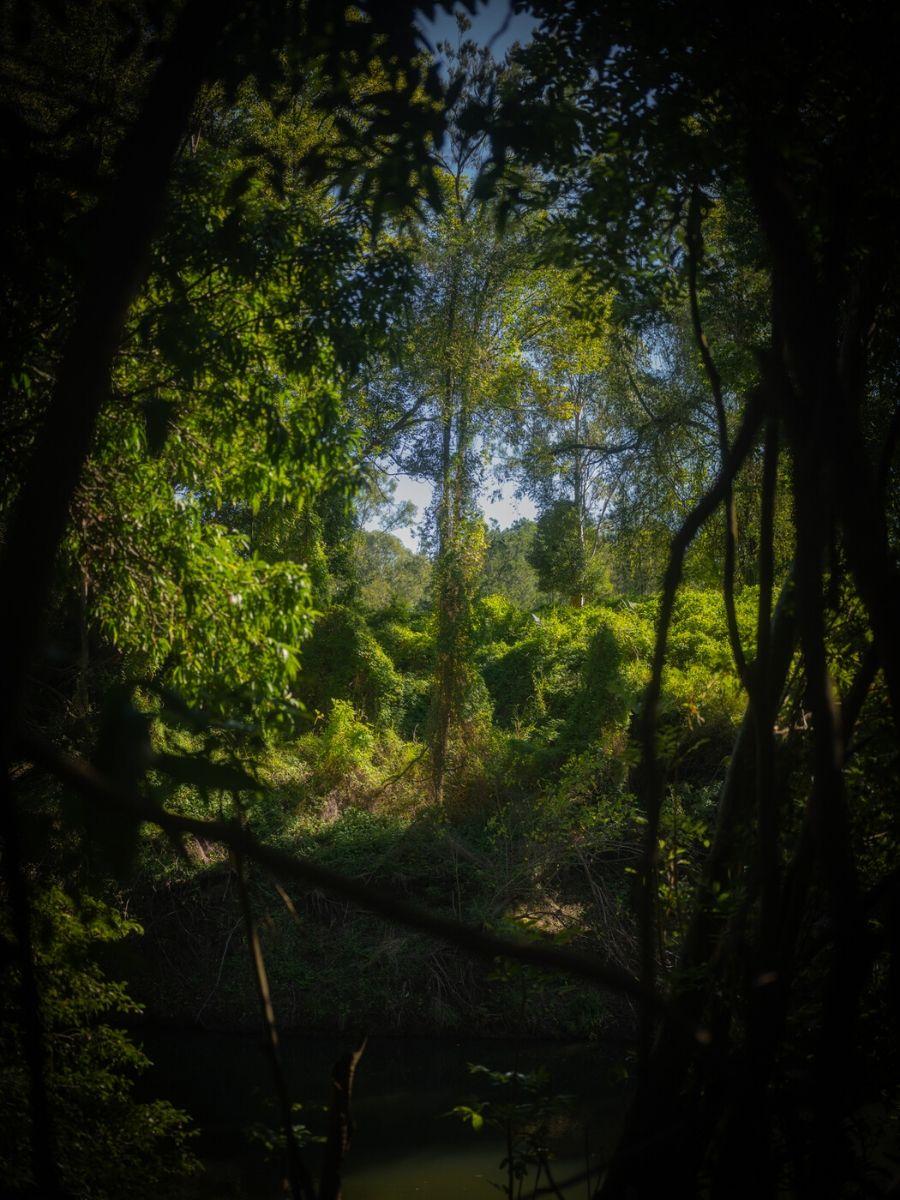
“It was a worrying time. At the end of it, we did feel like the system had worked,” recalls Shevaun. “If we hadn't been working with the Wilderness Society and following their guidelines, we could have ended up being taken to court and possibly received a heavy penalty for simply trying to do the right thing.”
Their group has meant that they can engage with the people that call the Albert Valley home on other pressing local environmental issues. “Deforestation is a massive problem not just for Queensland, but Australia as a whole,” says Isabel. “And that impacts everything. It impacts the wildlife; it impacts the climate and the quality of our lives as well. It especially affects our wildlife here, because they have nowhere to go. And that's why Mum and I are finding all this road kill.”
Through their group they hosted a Koala Forum to address issues that the local population of the animals face, such as a loss of habitat and car strikes. Koalas once thrived in this part of the Scenic Rim, the ancient remains of a vast shield volcano, bordered by Lamington and Border Ranges National Parks. The event brought people together from across the Albert Valley to hear guest speakers discuss the koalas’ decline.
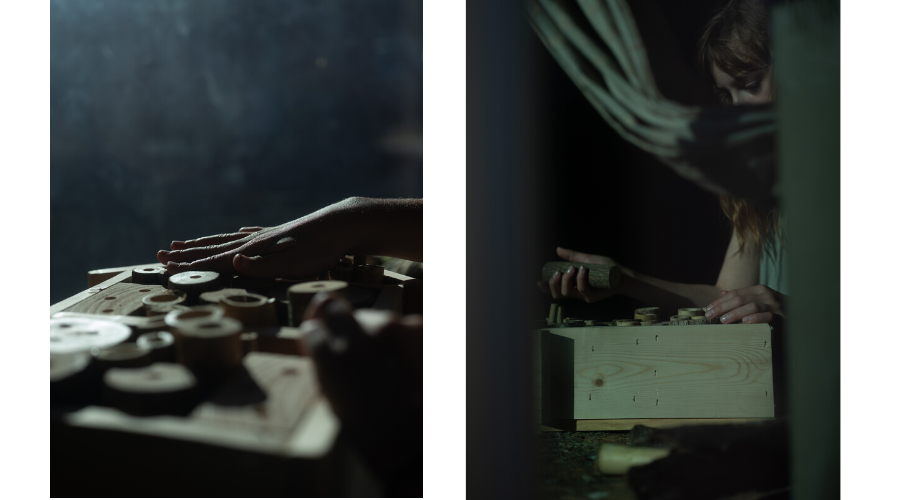
“We are quite isolated out here, so people seem to like doing activities that are a little bit more of a social occasion,” says Shevaun. “That can mean coming together to talk, or to do workshops to make things and learn something new. So we started working with the local school painting environmental murals, and that gave us a lead into meeting a lot of people in the area where we live.”
Following this success they applied to the council for a Community Awareness grant to run eco-related workshops. Shevaun and Ben started native bee hotel-making sessions at the school. “We were able to talk to the students about what a habitat would look like if it was healthy enough to attract bees for the hotels,” says Shevaun. “So then we built bee gardens; we purchased 250 plants to put into those gardens.” Ninety-nine per cent of Australia’s 1,700 bee species are in fact solitary insects that burrow into trunks, stems or the ground. With insect populations falling due to the effects of climate change and habitat loss from sprawling development, just like the koalas, a bee hotel and a suitable range of native plants to harvest nectar from is a way to support the essential role these insects play.
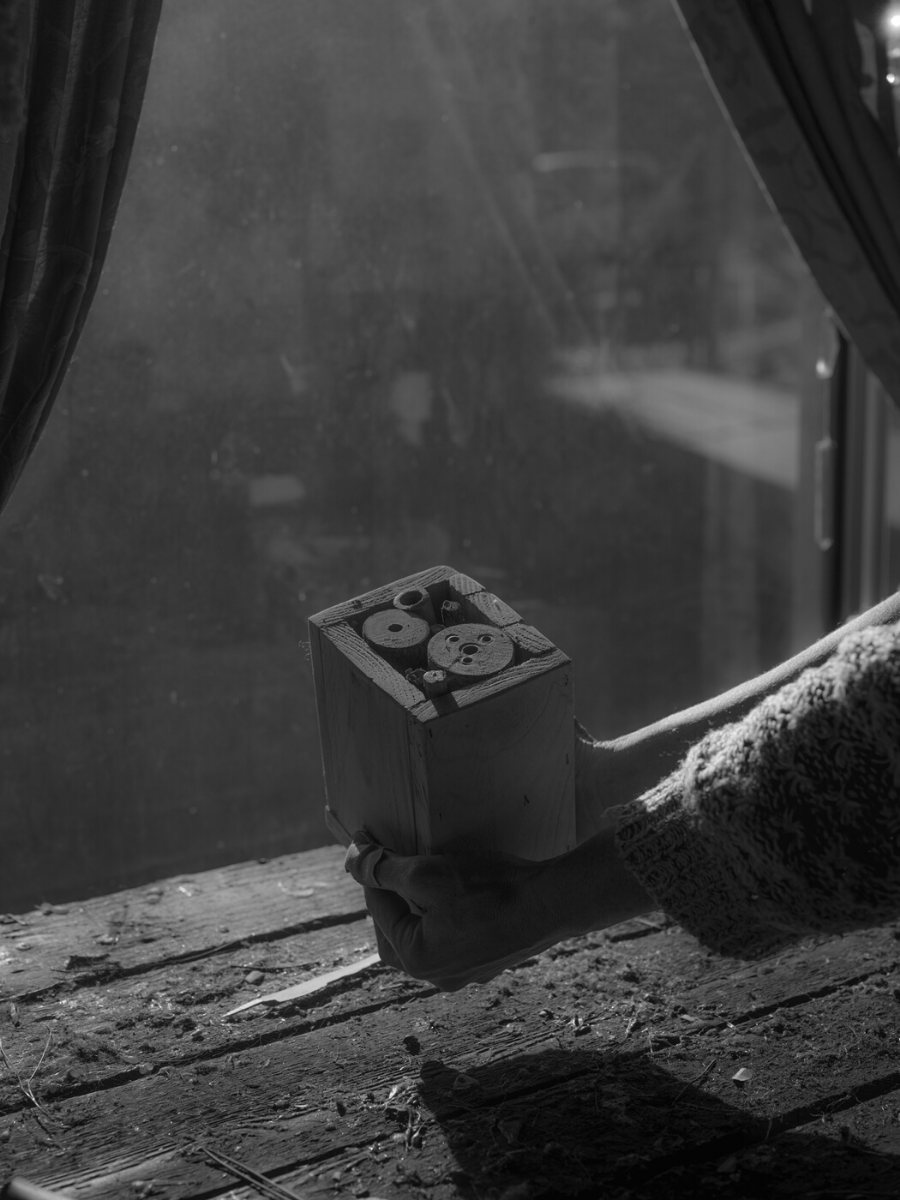
From that first bee hotel, an annual eco festival has become part of the school calendar. There’s also a recycling programme and the school voted in a sustainability officer who will now oversee greener practices. “The local council have been so impressed that they recommended we went for another grant this year, using what we have learnt as a model to replicate and bring the bee hotel workshops to more schools and communities,” says Shevaun.
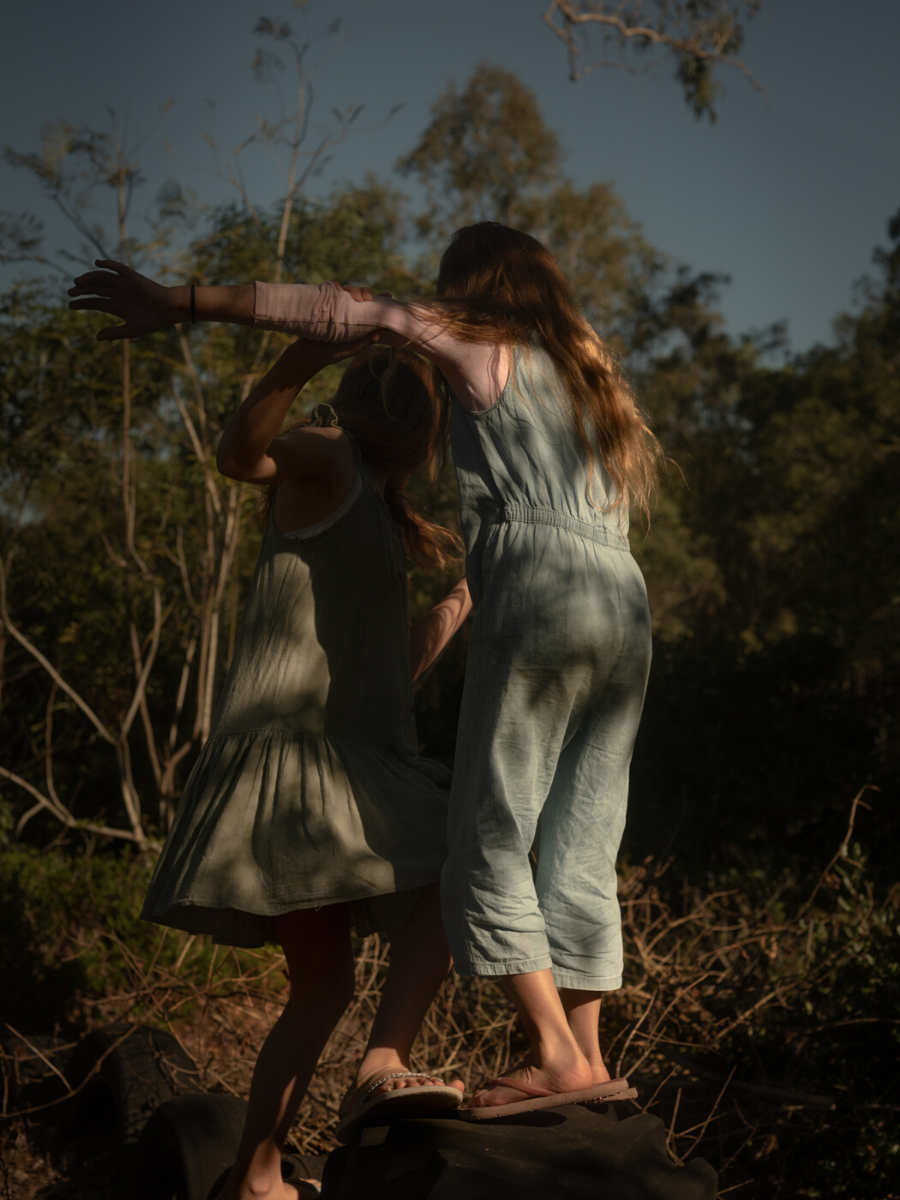
And they were successful. “We have a grant to hold eco workshops, plant a thousand trees and build a community eco-learning space. We will be starting to engage with surrounding schools and the community with workshops in September. In doing the bee hotels we aren’t just reaching out to children and parents in schools, we can talk to a wide-range of people throughout the region.” says Shevaun Russell. “So in just something as small as a bee hotel, it's become a whole avenue of projects.”
Shevaun and Ben are now participating in the Wilderness Society's National Leaders' Group and the National Workplace platform to connect with other community teams around Australia. The work they're about to undertake is set to be far reaching, but their simple mission to restore and sustain the natural world around them in Cedar Creek started small.
Like the native bees they have encouraged in the region, quietly and efficiently pollinating the surrounding flora to start a new generation of growth, the family had a simple idea, reached out to the community, and made it happen.
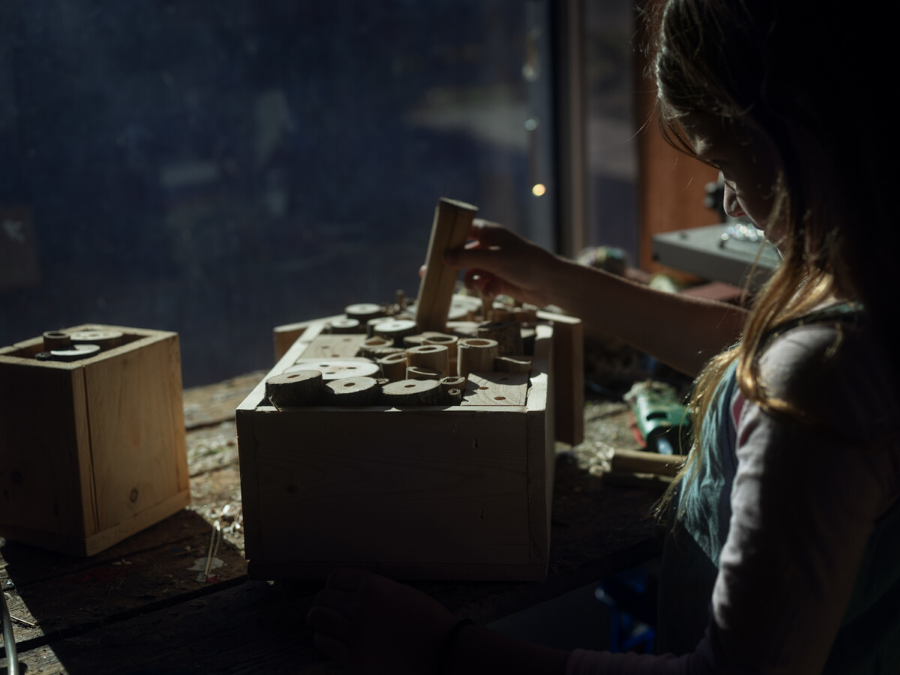
We would like to thank John Feely for donating his time and beautiful photography for this article.
Ready to get involved!
Get involved, get empowered and share your values across your community — and the country.